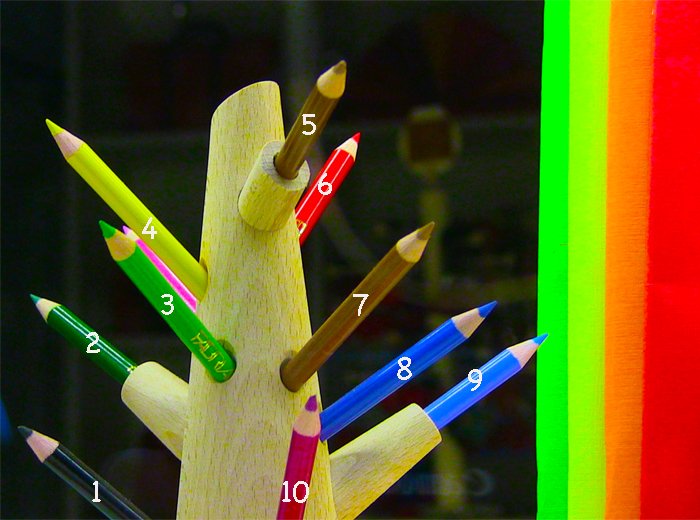New York-based start-up EducateMe360 has recently announced plans to bring a new concept of customized Massive Open Online Courses, or “MOOC’s”, to India. MOOCs originated around 2008 within the open educational resources (or OER) movement. These free online college courses are offered from top ranking universities including Harvard, Stanford and MIT. Courses are designed for the specific needs of the Indian students and delivered in their native language for all levels of graduate and undergraduate work.
Online learning is undergoing a paradigm shift and this Forbes article demonstrates the shape of things to come. Coursera, Udacity, and Udemy are growing into large public platforms and likely to give competition to universities and colleges in the years to come. ( I was tempted to use the word disrupt. Can a university be disrupted?)
Although India has made great strides in recent years to become a global leader in Digital Technologies, illiteracy is still a nationwide epidemic that has yet to be resolved. More than a third of the Indian people cannot read or write. According to the Start-up:
“Educational Problems in India have been in existence for quite some time now and these continue to dog the concerned. India has reached remarkable achievement in economic sector and this has brought a lot of changes in the education sector. But these changes have not turned to be sufficient to solve the ever-existent and ever-changing Education Problem in India.”
“The problems of education system in India are of grave concern and this concern has not been ignored. A country with more than 1 Billion population has just one third population which can read. India accounts for World’s 30% illiterate. The literacy rate of India as per 2001 Population Census is 65.38%, with male literacy rate at 75.96% and female at 54.28%. So what is wrong and where is it wrong?”
The dark contrast between the rich and affluent areas of India such as Bangalore and the many neighbouring urban slums and rural villages cannot go unnoticed. To quote Nobel Prize Winning Economist Amartya Sen, “the danger of India moving in the direction of being half California and half sub-Saharan Africa is a real one.”
Despite an increase in governmental financial investment in its educational systems over the past 60 years, only 15% of all school-age children make it to the high school level with only 7% reaching graduation. Furthermore, the lack of quality educational programs in India when compared with other major developing nations is staggering. Census data from 2008 indicates that the post-secondary educational institutions have only enough room for 7% of India’s college-age student population while nearly 25% of the required teaching positions remain vacant and 57% of college and university professors are lacking either a Master’s or Doctoral post-graduate degree.
The data gets worse. Despite all of these obstacles, Universities in India still manage to graduate 3 million college students per year, yet only 15% of them have the necessary educational background to acquire employment.
A drawback that students face from attending these MOOC’s, which currently are mostly offered from only U.S.-based institutions of higher learning, is that the educational content is not yet specifically tailored to the diverse needs of a worldwide student-body who have vast differences in cultural backgrounds, language skills and motivational factors.
EducateMe360 is now offering customized MOOC’s content to the students of India, with courses designed for the specific needs of the Indian students. Courses are delivered in their native language for all levels of graduate and undergraduate work.
The tremendous implications for the higher education of Indian students and for the future growth of the Indian economy cannot be overstated. Any Indian with access to a computer with internet capabilities can take advantage of the classes taught by esteemed scholars from Berkley, California, Cambridge, Massachusetts, or Princeton, New Jersey. This is a revolution in higher learning for India where the previous barriers of poor educational quality, lack of educational access, and higher costs for overseas studies have been instantly overcome in a single blow.
The EducateMe360 Model may well lead to revisions of the national standards for higher education in India. No longer is a large sprawling campus required where individual professors are allowed to create their own course content. Post-secondary education can now be uniform and competitive with other developed countries.
A founder of EducateMe360, Harshit Bahl states “The demand is there. So is the brainpower. And the content is now available for free. The only thing required is a system to connect the content with Indian students, and that is exactly what we with EducateMe360 plan doing.”
His co-founder, Agam further added “We are calling NGOs and the private sector to help us to do what the government could not: offer high-quality higher education to the masses.”
As this revolution in higher education begins to take hold, the people of India should make clear to their government leaders only one thing: Stay out of the Way. With 12 different federally funded 5-year plans that have spanned the past 60 years, the government has had their chance to deliver and has failed.
Eventually, the Indian government will need to establish instructional guidelines and set university certification standards for this new and exciting form of academic instruction, but for now there is a greater need, the need to get Indian students enrolled in MOOC’s as soon as possible.

Hayden Richards is Contributor of IntelligentHQ. He specialises in finance, trading, investment, and technology, with expertise in both buy-side, sell-side. Contributing and advising various global corporations, Hayden is a thought leader, researching on global regulatory subjects, digital, social media strategies and new trends for Businesses, Capital Markets and Financial Services.
Aside from the articles, interviews and content he writes for IntelligentHQ, Hayden is also a content curator for capital markets, analytic platforms and business industry emerging trends. An avid new media explorer Hayden is driven by a passion for business development, innovation, social business, Tech Trading, payments and eCommerce. A native Trinidadian, Hayden is also a veteran, having served with the Royal Air Force Reserves for the past 10 years.
Follow Hayden on Twitter @HaydenARichards, linkedin.com/haydenhrichards and http://www.scoop.it/u/hayden-richards






























